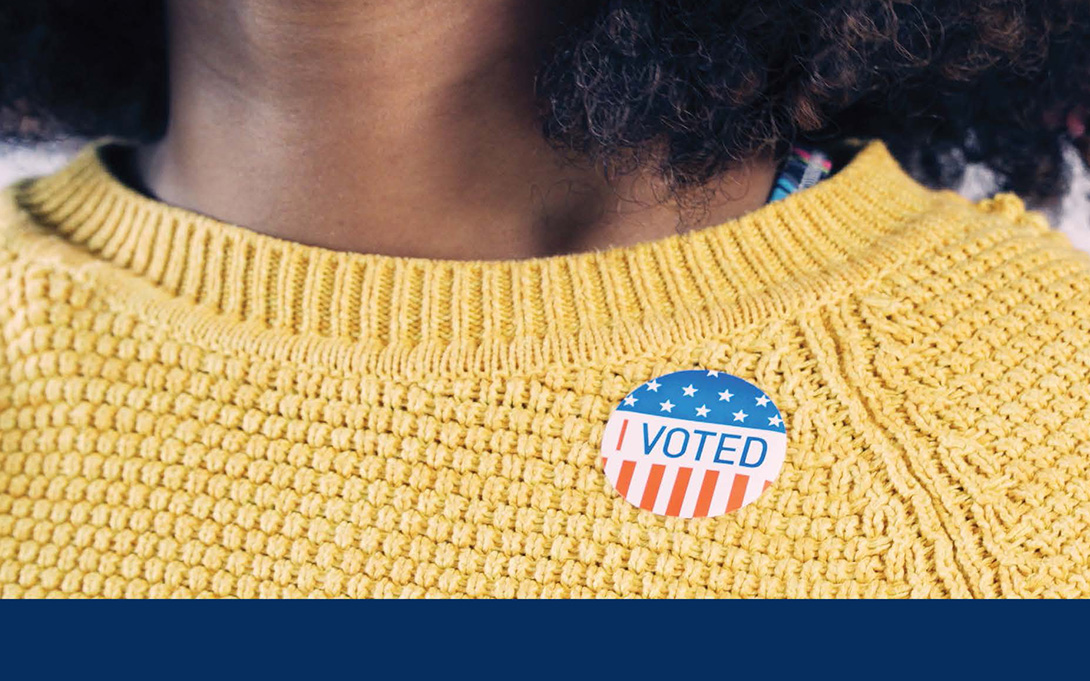The Electoral Impact of Racial Reckoning: The Implications of Candidates' Support for Reparations on Voter Engagement in Detroit
Voting has long been considered a pillar of political engagement in a democratic society and one strategy among many in the fight for racial justice. However, an increasingly polarized America, alongside a rise in inequality and voter suppression, stands to threaten beliefs about electoral politics as an effective tool for racial justice. A closer alignment between voter preferences and the policies promoted by candidates might strengthen political trust, increase voter turnout, and in the long run, reduce racial inequality.
In this report, reparations are defined as some form of payment to Black Americans to counter the impact of slavery and discriminatory policies. Our analysis finds most Detroiters intend to vote in the upcoming election, but those who are uncertain about voting, or unlikely to vote, may be motivated to turn out this November by a candidate’s support for reparations. Young Black residents were particularly likely to say they would be more likely to vote as a result of a candidate’s support for reparations.

Key findings
- A majority of eligible voters in Detroit (65%) intend to vote in the upcoming election. However, over one third of eligible voters (35%) are not sure about voting.
- There is broad support in Detroit for reparations for Black Americans in Detroit. Sixty-three percent of Detroiters would support a reparations policy for Black Americans.
- A candidate’s support for reparations would mobilize voters - many of whom are currently on the fence about voting. thirty seven percent of Detroiters who said they would not vote in the upcoming election reported that a candidate’s support for reparations would make them more likely to vote. More than half of Detroiters (52%) who said they would probably vote said a candidate’s support for reparations would make them more likely to vote.
- Young voters are particularly likely to be motivated to participate in the upcoming elections by candidate support for reparations. Forty-nine percent of Detroiters between the ages of 18 and 34 said they would be more likely to vote if a candidate spoke out in support of reparations.
